 |
Swiss camera manufacturer Alpa has won a case in the Chinese courts against a company that was making and distributing cameras and accessories copied from its own models. Chinese brand GuoZh has been told to pay damages to Alpa over its FY-2015 camera which is a direct copy of Alpa’s A12 series models. The company had copied the camera, backs and accessories and was selling under its own name, and had even started camera clubs for users of its copied products.
 |
| Copied Alpa camera and accessories shown on the GuoZh website |
Some of the products produced by GuoZh were branded Alpa and sold as convincing counterfeits to Alpa users, while others were branded with the GouZh name and sold in China to potential Alpa users at a much lower price.
It looked at one stage as though Alpa would not win its case as it hadn’t applied for protection under China’s complicated copyright law, but in the end the company was able to file a claim that Alpa cameras come under China’s ‘applied art’ rules that state that everyday objects can be seen as art.
 |
| Genuine (left) and fake (right) Mamiya roll film backs |
According to an article on the case by Swiss newspaper NZZ GuoZh owner Guo Zhonggen was nonchalant during the final hearing and tried to give the impression that he owned the intellectual property, which helped move the judge to rule against him. At the end of the final of three hearings he was ordered to pay ‘six-figure damages’ and to apologise on his website, as well as to cease producing Alpa cameras and copies of them. At the time of writing though GouZh is planning an appeal and is still adverting it’s products on its website.
Andre OIdani, Head of Products at Alpa, is quoted as saying “It’s a good feeling that you’re not powerless in the giant system of China after all,” according to NZZ.
The case will give some hope to other photographic manufacturers that feel their products are being copied and sold cheaply by Chinese companies. The report in NZZ says that the Chinese courts are becoming more interested in copyright claims as China’s own products improve and become subject to copies themselves. Journalist Matthias Kamp also says that judges now have better training and are being paid better salaries, but none of the judges is independent as a communist party committee can always step in to have the last word in any case.
For more information on Alpa cameras see the Alpa website.
Articles: Digital Photography Review (dpreview.com)






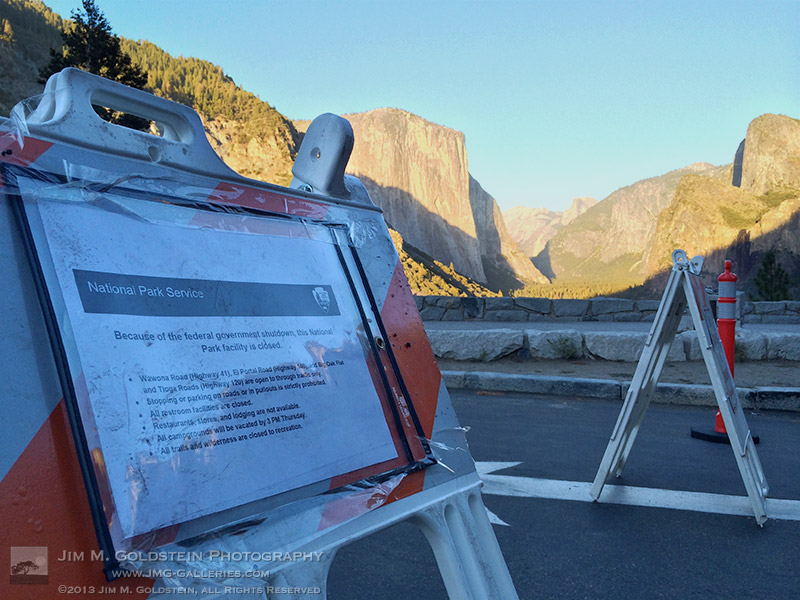
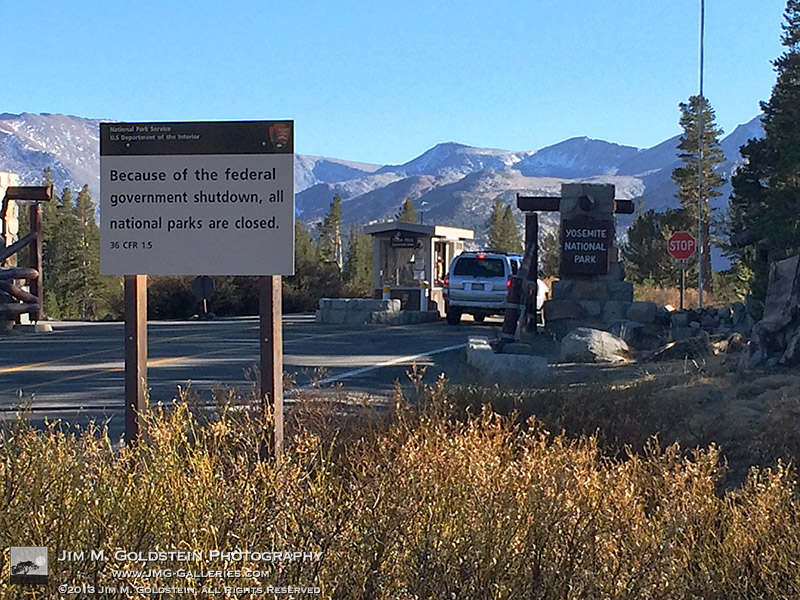
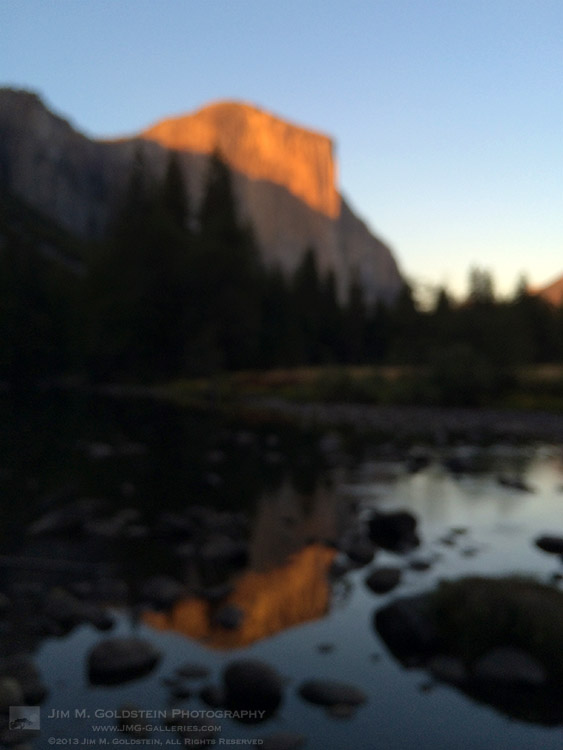

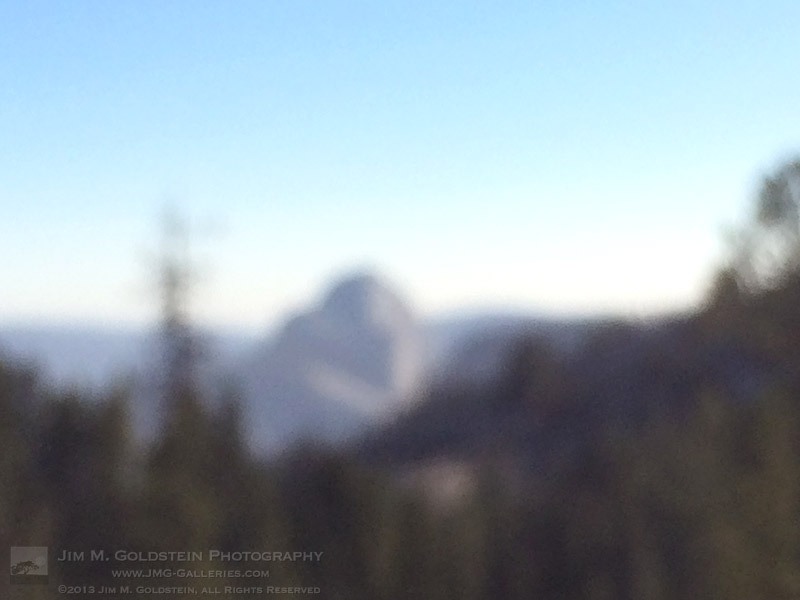
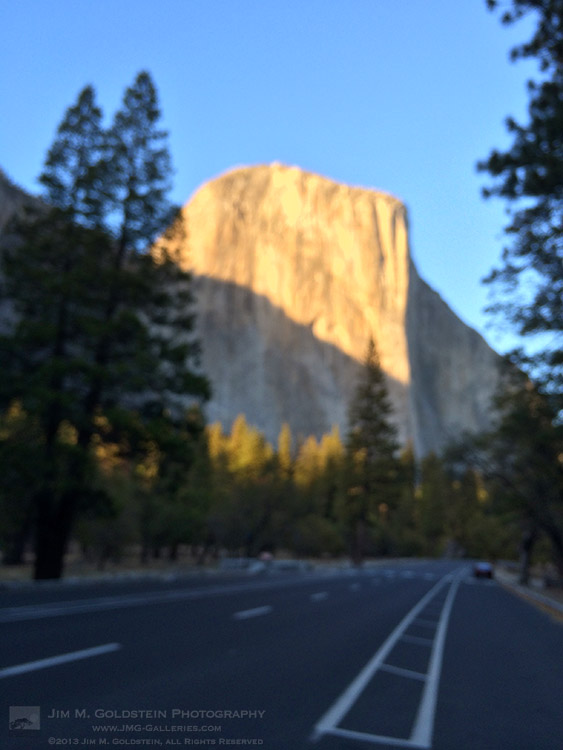
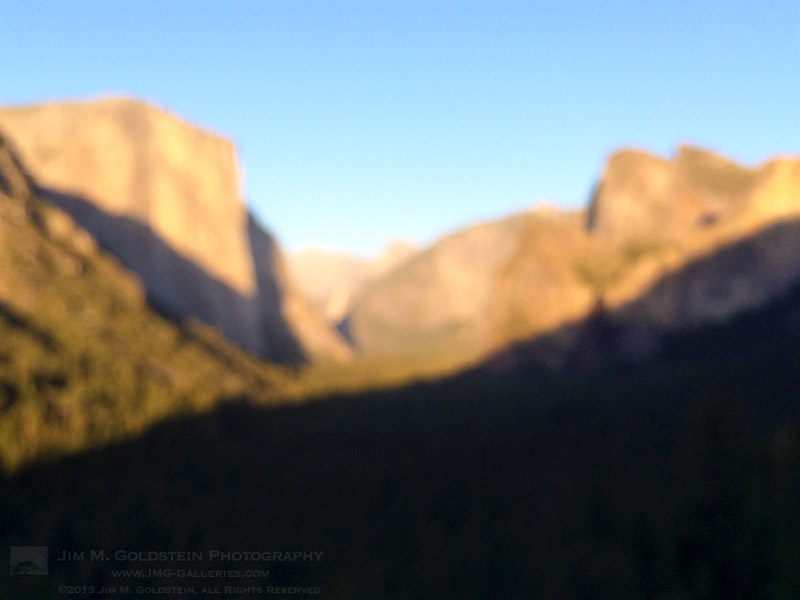
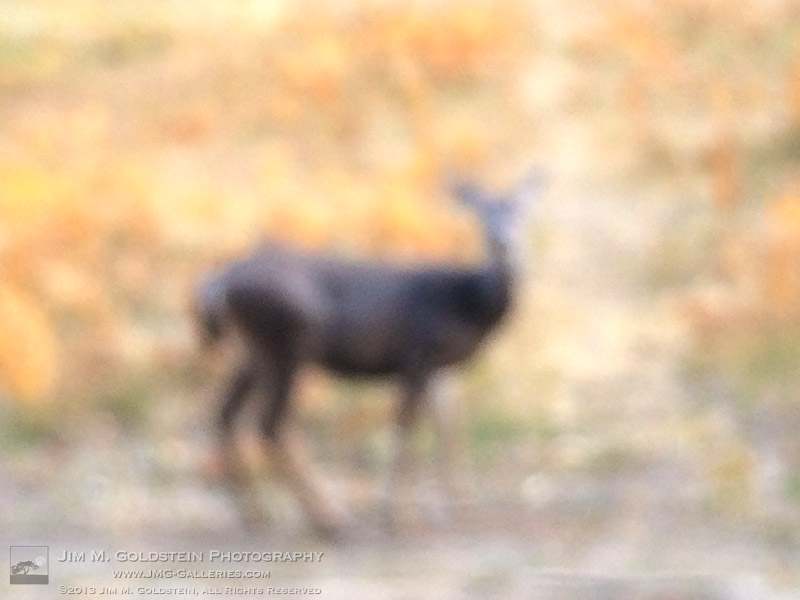
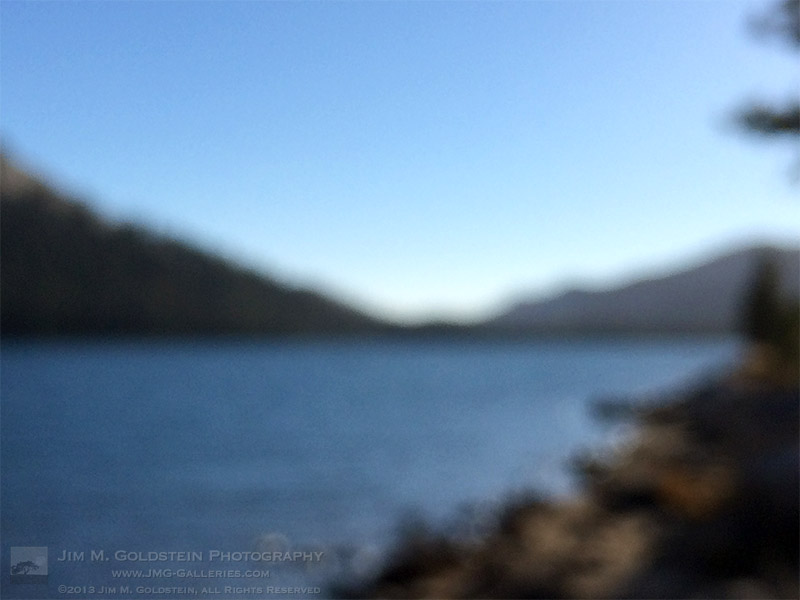
You must be logged in to post a comment.